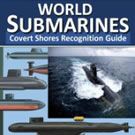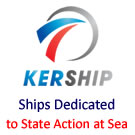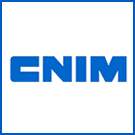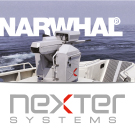On January 31, Sea Naval Solutions, a consortium between "Chantiers de l'Atlantique", Socarenam, Belgian EDR and Thales, presented its project for the Belgian-Dutch Mine Countermeasures (MCM) programme.
 Operating mode of the drone system submitted by Sea Naval Solutions (Picture source : Sea Naval Solutions)
Operating mode of the drone system submitted by Sea Naval Solutions (Picture source : Sea Naval Solutions)
As a reminder, 2 other consortiums are competing for this contract. Dutch group Damen Schelde and a consortium between Naval Group and ECA Robotics called Naval & Robotics.
The proposal of Sea Naval Solutions includes a mothership (yet to be named) equipped with a Launch And Recovery System (LARS) used to launch and recover smaller MCM ships (UAVs, UUVs). This mothership (92m long) would have a diesel-electric engine and could reach speeds up to 15 knots.
As for the tool box, it will be based on Thales' experience acquired during the Franco-British MMCM programme. Then, it will include a USV of 12m able to launch a T-SAM sonar (equipped with a SAMDIS antenna) or some Saab-built remotelly-controlled MuMNS (ROV) which are capable of neutralising up to 3 mines during a single mission. This USV will also be able to carry some AUVs (submarine drones) to detect and identify mines.
The whole mission is operated from the mothership, in a large Control Operation room. But the main innovation proposed by Sea Naval Solutions is not the mothership in itself, or the use of unmanned vehicles, it is in fact the LARS. This system is based on a gantry and a recovery basket that allow the mothership to deploy its USV to WMO Sea State 5 (Rough Sea), so in worse conditions than with traditional equipments.










